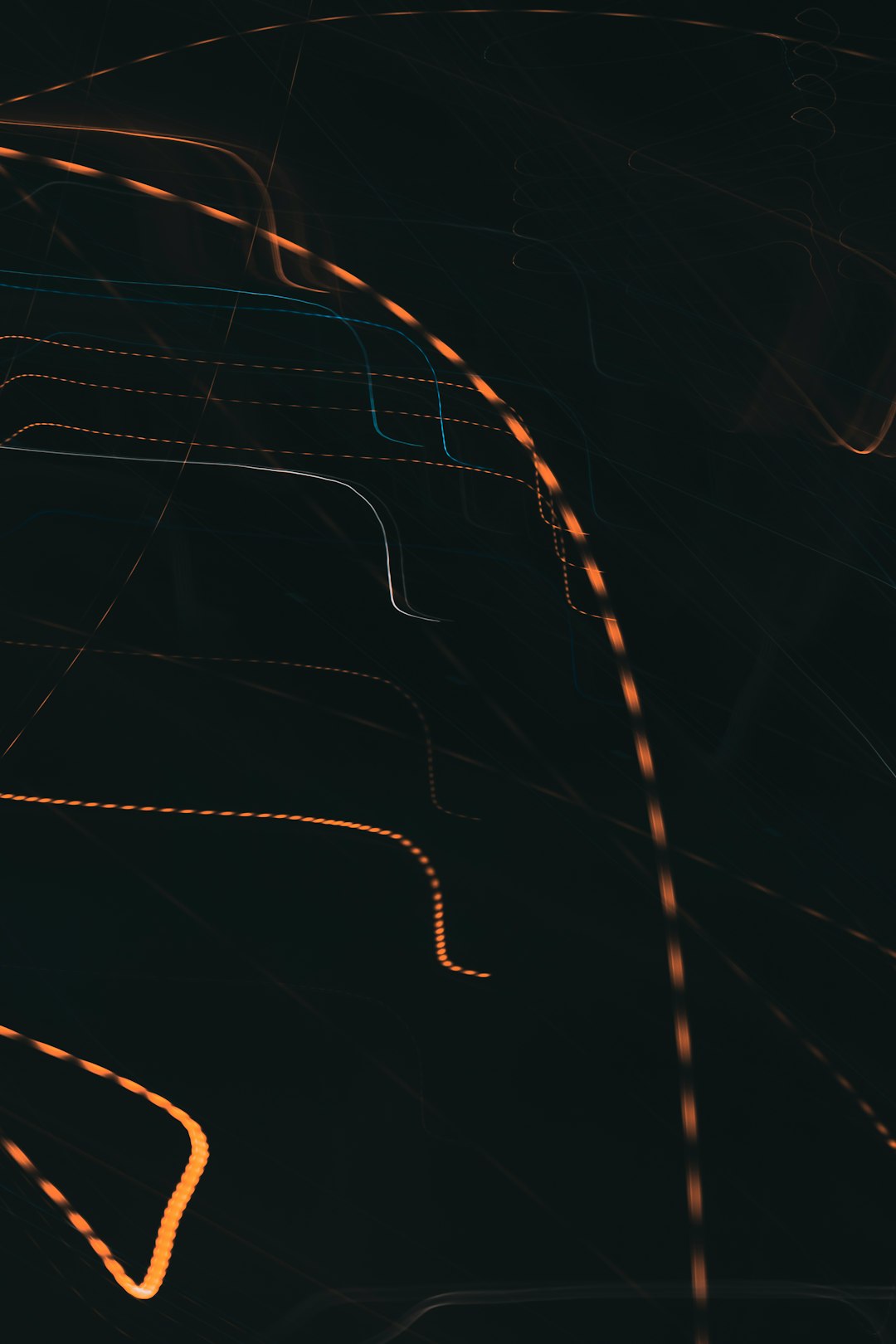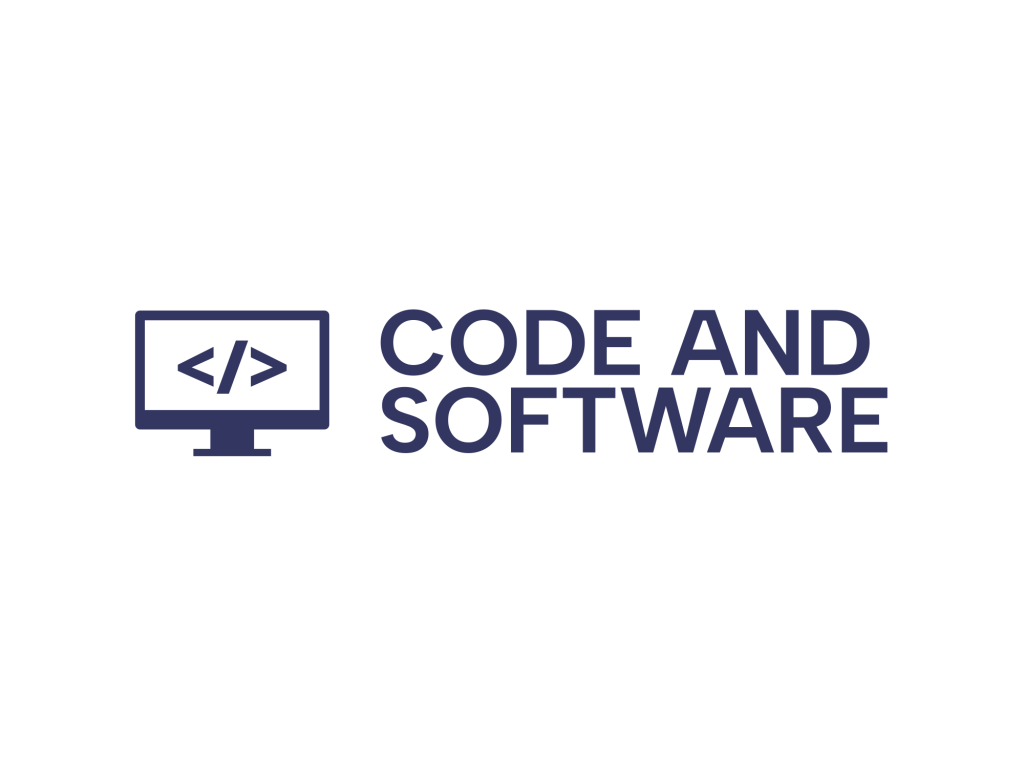Have you ever used public Wi-Fi and wondered if someone could sneak a peek at your browsing? That’s where a VPN comes in. It’s like a superhero cloak for your internet activity!
VPN stands for Virtual Private Network. Sounds fancy, right? But don’t worry—it’s simple once you break it down!
Imagine you’re sending a secret message through a tunnel. You don’t want anyone to read it before it gets to your friend on the other side. A VPN creates that secure, hidden tunnel. It keeps your online activity safe from snoopers.
Let’s see how it all works.
What Does a VPN Actually Do?
A VPN connects your device—phone, laptop, or tablet—to a secure server somewhere else in the world. All your internet traffic flows through this server first.
- It hides your IP address. That’s like your device’s home address on the internet. A VPN swaps it for the server’s IP address.
- It encrypts your data. That means it scrambles your info so nobody can understand it if they try to intercept it.
- It helps you stay anonymous. Your location and browsing history stay hidden from nosy websites and hackers.

Why Do People Use VPNs?
There are different reasons, and they’re all pretty cool. Here are the favorites:
- Stay safe on public Wi-Fi: Coffee shops and airports are hacker heaven. A VPN keeps you protected.
- Access blocked websites: Some countries or schools block certain sites. A VPN lets you sneak past those digital bouncers.
- Watch shows from other countries: Want to see what Netflix offers in Japan while you’re in Canada? A VPN can make that happen.
- Hide from snooping advertisers: No more creepy ads popping up based on your browsing history!
How Does a VPN Work?
Let’s break it down step-by-step:
- You start your device and launch your VPN app.
- The app connects you to a VPN server.
- Anything you send or receive goes through the VPN server first.
- Your data gets encrypted. That means if someone tries to peek at it, they’ll just see gibberish.
- The server sends your data to the website or app you’re using.
- Then it brings the info back, still encrypted, and shares it with you.
Think of it like sending postcards—but with invisible ink and a hidden return address!

Is a VPN Foolproof?
A VPN greatly improves your privacy, but it’s not magic.
It doesn’t protect you from viruses. You’ll still need antivirus software for that.
And if you give your info away on a sketchy website, a VPN can’t protect you there either. It hides your data in transit, not on the site itself.
Choosing a VPN
There are loads of VPNs out there. Some are free, and some are paid. Here’s what to look for:
- No logging policy: That means the VPN doesn’t keep records of your activity.
- Fast speeds: Some VPNs slow things down. Good ones keep your browsing speedy.
- Strong encryption: Look for words like AES-256. That’s super secure.
- Lots of server locations: More options mean more ways to appear anywhere in the world.

Final Thoughts
A VPN is like your internet invisibility cloak. It hides your location, encrypts your data, and lets you browse in peace.
Whether you’re streaming, shopping, or just checking your email, a VPN gives you extra privacy in a crowded digital world.
Now you know what it is. You know how it works. Go out there and surf smart!

Leave a Reply